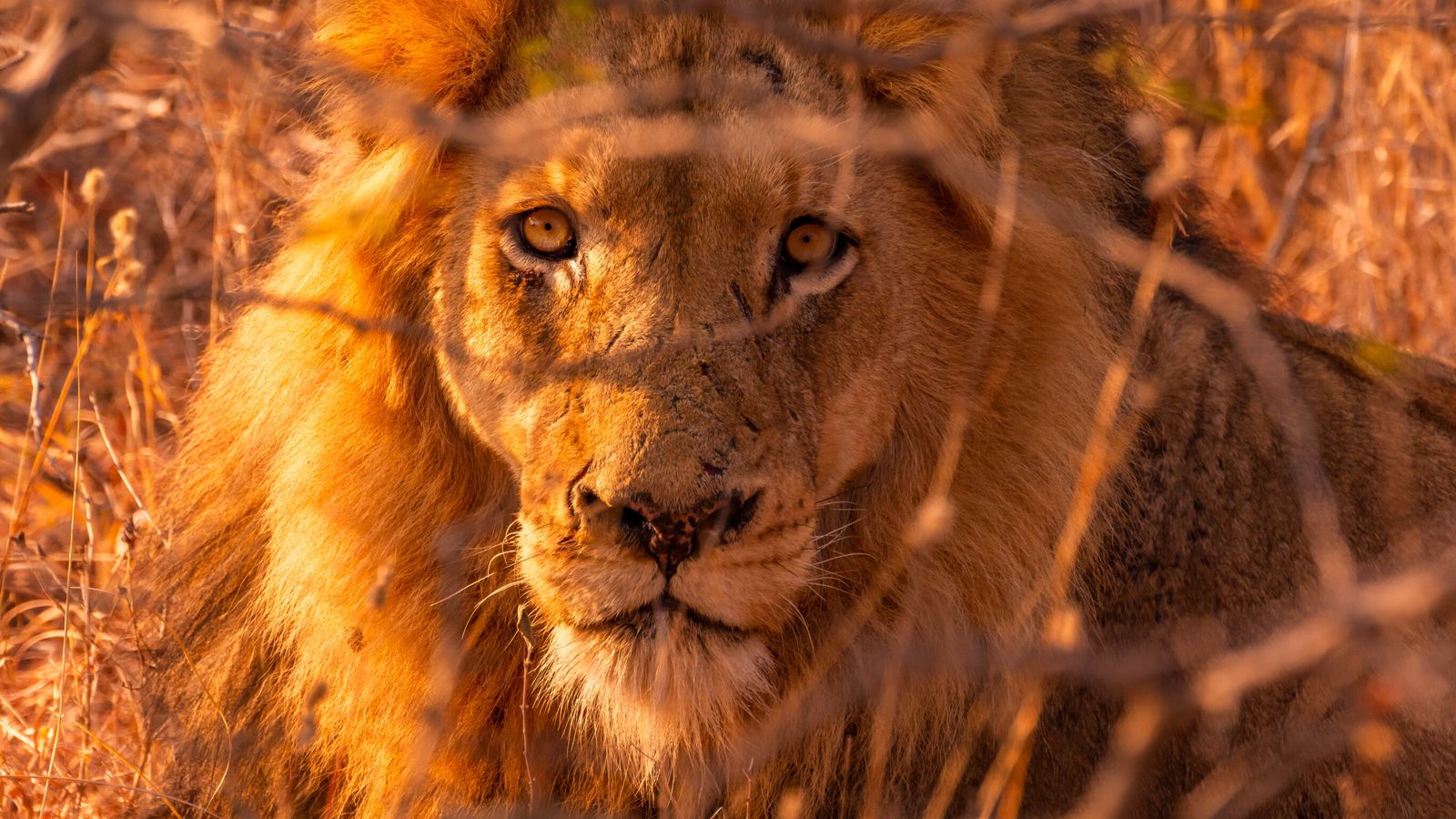What species of animals had their noises played to prompt a response from the racoon?
Sea lions and seals, dogs
Feeding Patterns
They might avoid certain areas threatened by dogs
What is another term for "Fear Effects"?
Non-Consumptive Effects
What animal does a raccoon fear?
Large carnivores like dogs
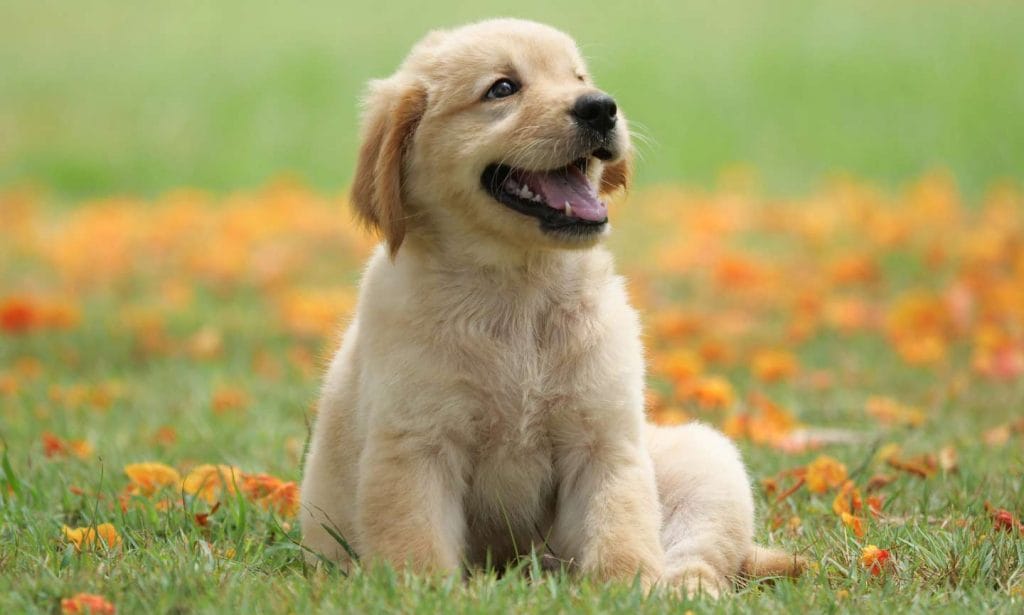

Name two species mentioned in the article
racoons, dogs, crabs, fish, worms, sea lions, seals
Habitat Use
Shift their habitat use to areas where they perceive less risk from dogs
What is Predation?
The preying of one animal on others
What sound scares off a raccoon?
A dog barking

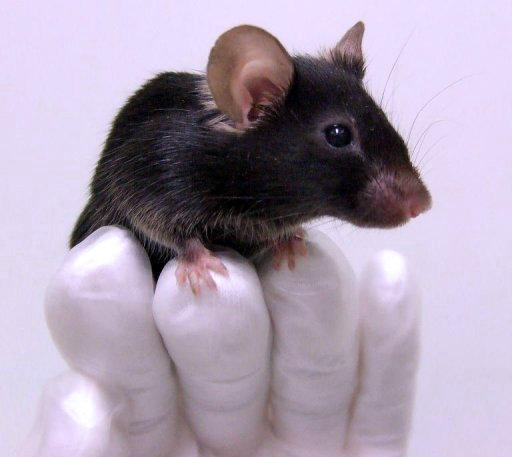
Where are the Gulf Islands located?
British Columbia, Canada
Increase in Prey Population
There is more food for predators
What are Non-Consumptive effects?
The result of the prey initiating anti-predator behavioral and/or physiological trait changes that can aid in predator avoidance
What did the scientists in the article do to the raccoons in the area?
They set up speakers of dogs barking
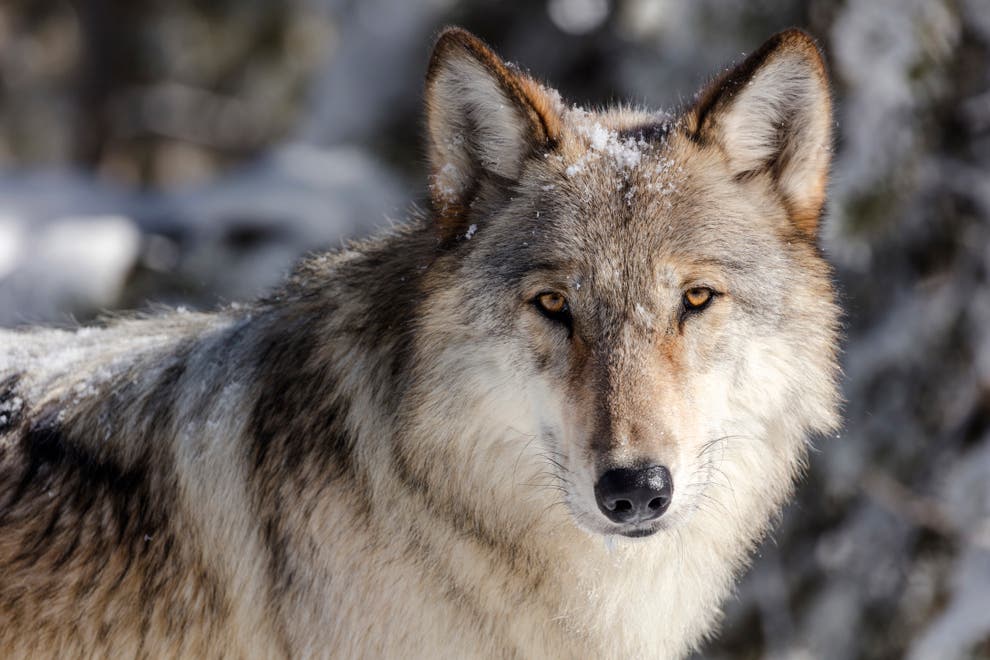
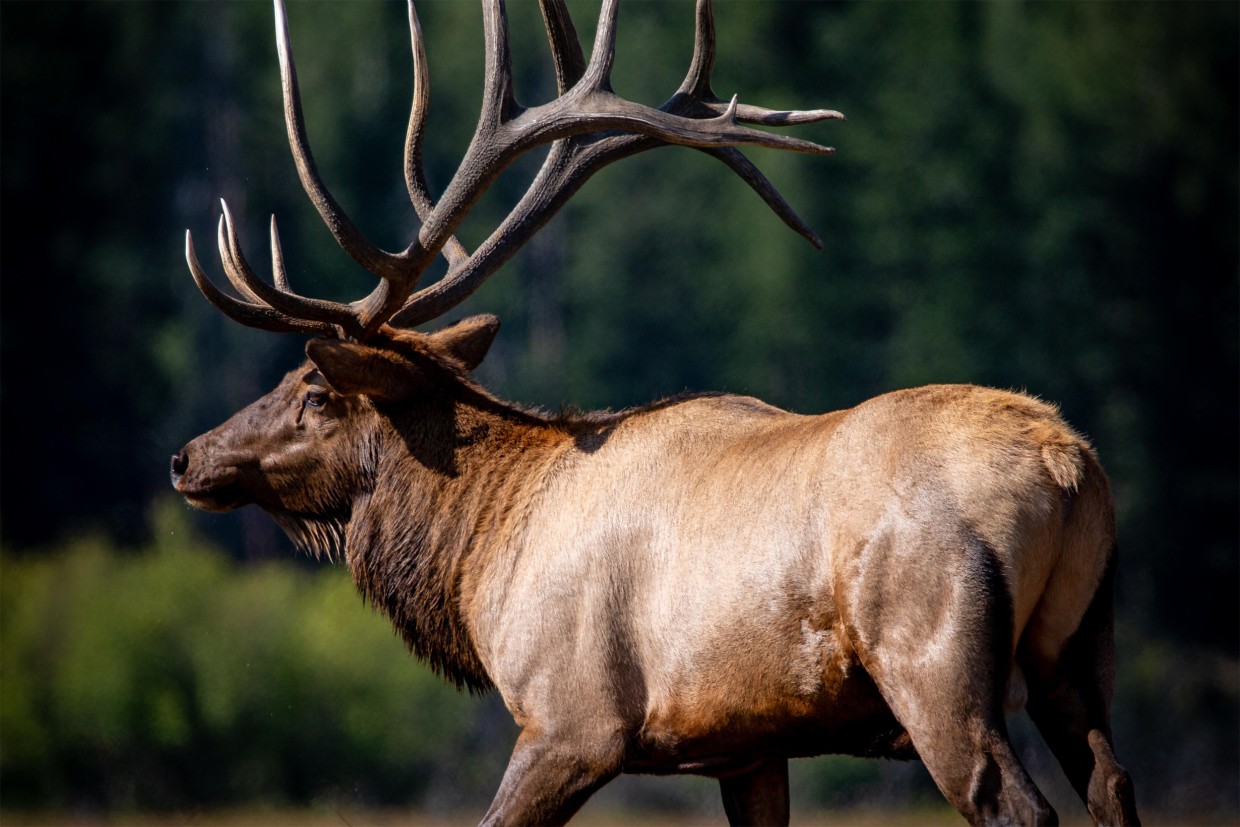
What University do the scientists mentioned in the article hail from?
The University of Victoria
What is a possible consequence of altered hunting patterns for the predator population?
A decrease in overall population size, competition amongst that population for scarce resources, a necessity to migrate to a different area, etc.
(there are multiple correct answers)
What is a Landscape of Fear?
Inhibiting prey from feeding and turning parts of their habitat into no-go zones.
What percent did the raccoon's foraging time drop?
66% over the course of the month
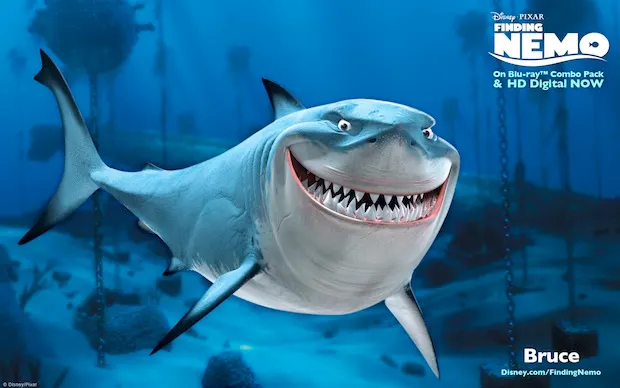

How long was the Youtube video in the article?
40 seconds
What are “no-go” zones?
An area avoided by a species due to a perceived threat (i.e. predators or environmental disaster)
What does Trophic Cascade mean?
The indirect interactions that can control entire ecosystems, occurring when a trophic level in a food web is suppressed.
What other effects did the experiment have on the environment?
A rise in the abundance of crabs, fish and worms
